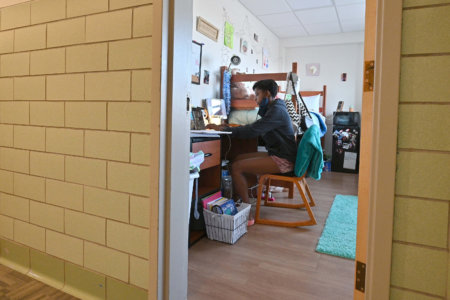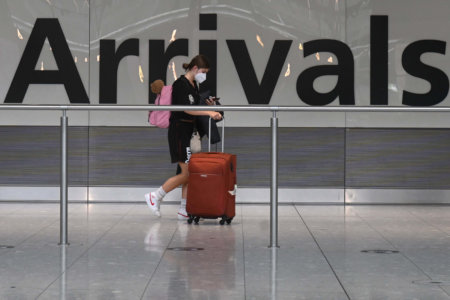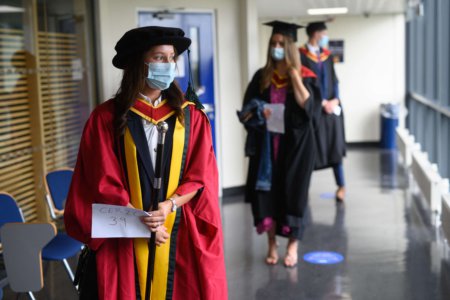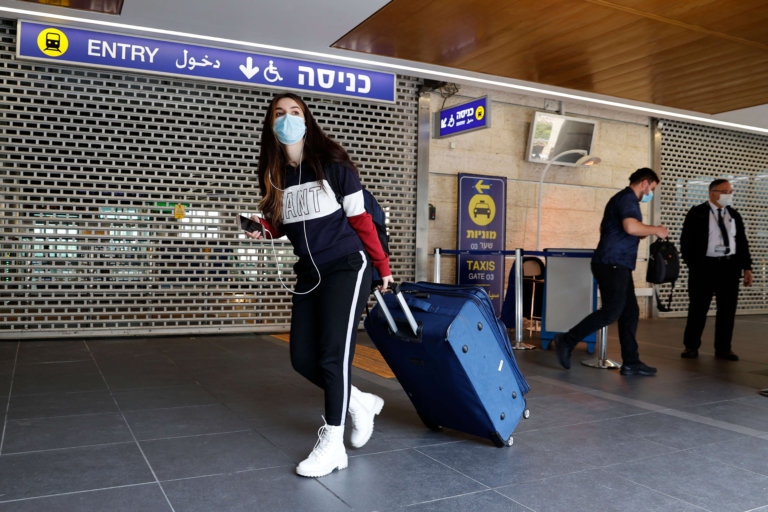
When you plan to study abroad, student baggage allowance isn’t typically the top thing on your mind. You’re finding out about the right university, how to get into it and the visa to make your stay there legal.
Whether you’re planning to study abroad for a month, a semester, an entire academic year or a full degree, it’s vital that you think about the important, bureaucratic things like travel insurance that will help make your time abroad run as smoothly as possible.
You probably feel you have seen enough airports, experienced too many layovers and gone through enough immigration control points to think that your to-do checklist is complete. However, it’s easy to overlook student baggage allowance.
Checked baggage and carry-on luggage each have their own policy. Each policy may have upgrade options at a cost. In most cases, both checked baggage and carry-on luggage are free of charge.
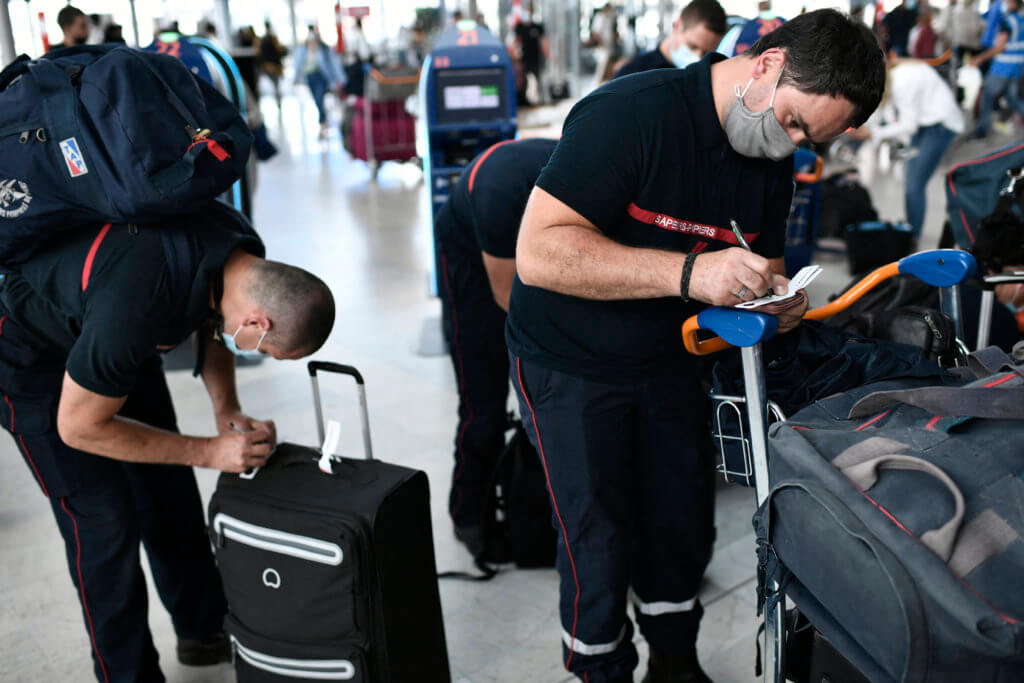
Increase your student baggage allowance by packing smart. Source: Stephane De Sakutin/AFP
Some airlines offer special student baggage allowance, which goes some way to helping students bring what they need to university. While the weight might vary according to airlines, the maximum weight permissible for a single piece of baggage, if you’re travelling by international carriers such as Emirates, British Airways, Air Canada, Cathay Pacific and Malaysian Airlines, is usually 23 kilogrammes plus a carry-on piece of seven kilogrammes.
Singapore Airlines and Qantas on the other hand, allow 30 kilogrammes of check-in luggage and seven kilogrammes of carry-on baggage. Qatar Airways allows between 25 to 30 kilogrammes of baggage allowance depending if you opt for the “classic” or “convenience” deal.
Excess baggage fees will apply for bags that weigh more than the amount allowed. You can increase your student baggage allowances by packing smart and purchasing additional baggage.
Checked baggage is carried in the custody of the airline and stored in the cargo hold. There are certain rules to be followed for items to be carried on board and all passengers are expected to comply with these rules.








